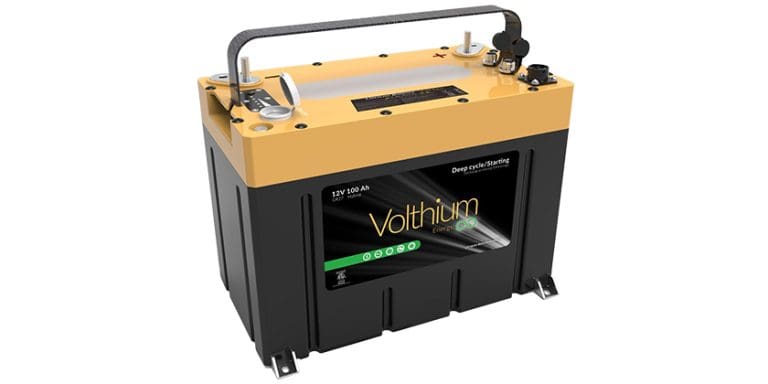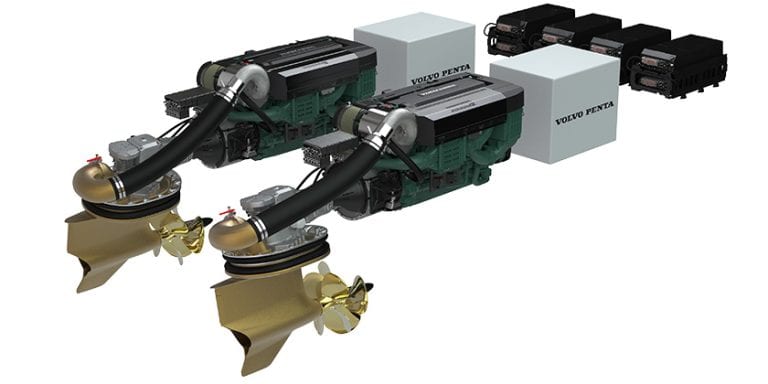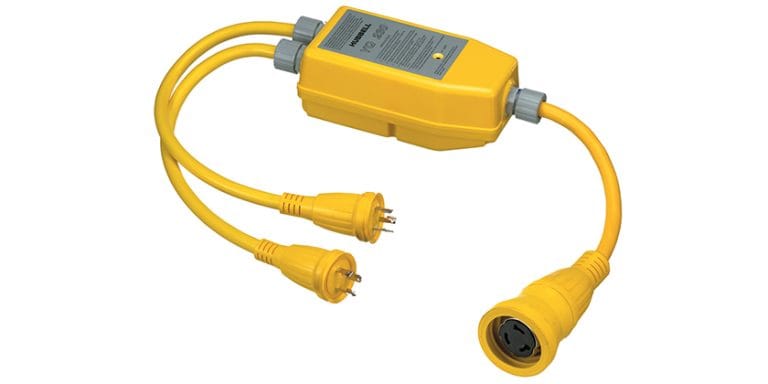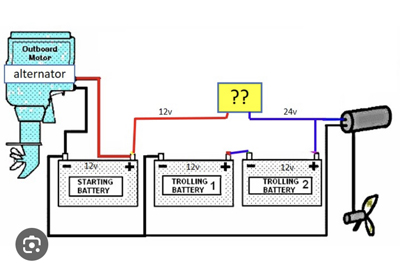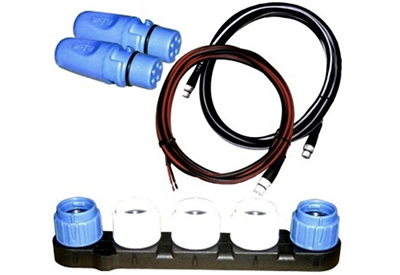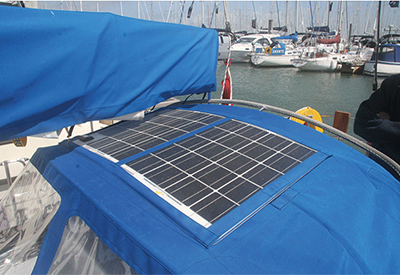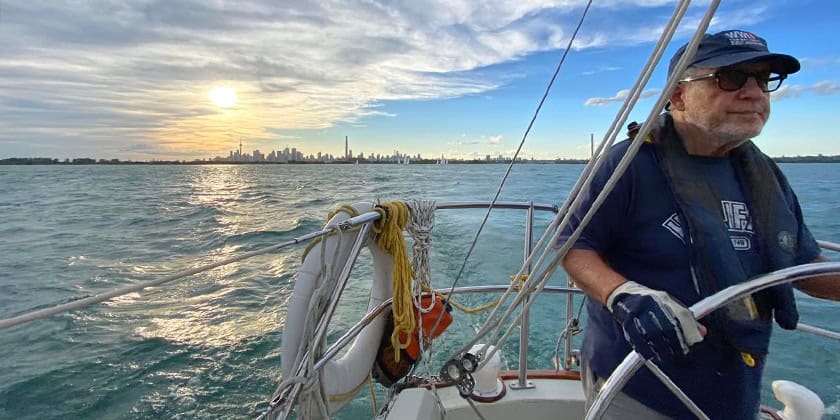Big Box Botch-up or Why You Need OEM Marine Lubricants
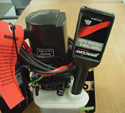
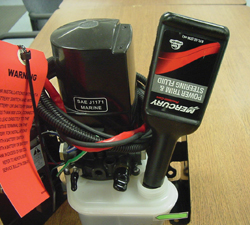 Far too many people do this in the spring; drop into the nearest big box store and grab a season’s supply of universal, discount-priced 2-stroke oil, car oil for their 4-stroke outboard and inboard engines and maybe some all-purpose grease for their cables and steering gear.
Far too many people do this in the spring; drop into the nearest big box store and grab a season’s supply of universal, discount-priced 2-stroke oil, car oil for their 4-stroke outboard and inboard engines and maybe some all-purpose grease for their cables and steering gear.
The high school kid at the bog box store may or may not know anything about boats and marine engines but unless that store specially stocks (and you are clever enough to buy) genuine OEM marine lubricants, your engine can suffer.
We spoke to two of the industry’s top tech people: Steve Auger at Mercury Marine and Rob Bradley at Yamaha Canada.
“Your car engine rarely reaches maximum RPM even for a few seconds,” Steve Auger pointed out, “but your boat engine often runs at or near top speed – sometimes for long periods of time. The big box stores generally stock automotive products – a totally different application. Mercury sells Mercury and Quicksilver lubricants, specifically developed and tested to protect your Mercury engine and these meet all warranty requirements.”
The National Marine Manufacturers Association (NMMA) and the marine engine manufacturers have established and rigidly adhere to testing criteria for marine lubricants. For example, the tests for 2-stroke oils and 4-stroke oils include bench tests for viscosity, corrosion, filter plugging, foaming and aeration. NMMA spec oil must successfully pass a 100-hour general performance engine test as well.
FC-W™ lubricants have demonstrated the necessary performance and quality needed in marine high performance 4-stroke engines. These formulations can mean significantly reduced emissions to satisfy EPA requirements, meet warranty requirements and generally deliver increased customer satisfaction due to engines lasting longer with less maintenance and repair.
TC-W3® lubricants for 2-stroke outboards now have to go a step further, because new 2-stroke engines have moved towards higher cylinder temperatures and compression as part of meeting the EPA emissions reductions.
TC-W3® tests include varied bench tests for fluidity, lubricity, viscosity, etc., plus the oil must meet minimum, ring-sticking and carbon build-up on pistons in engine tests. The tests are run for 100 hours each and the engines are stopped every ten hours for inspection. The chemical make-up of the TC-W3® oils vary due to the various additive packages involved with each oil brand. Accordingly, it’s a performance-based qualifications program. The testing process is comprehensive and expensive, but worth the outcome for consumers and manufacturers.
Rob Bradley at Yamaha pointed out that, “Resistance to foaming and the aspect of fuel dilution are marine-specific considerations. When the new high performance 4-stroke engines are cold, the burn is not as complete and gas can dilute the oil. We control for that and test for a salt fog condition, too. Our Yamalube products are formulated to resist shear for wear protection; they have special corrosion inhibitors. You can’t be sure your engine is getting that protection from big box price point products.”
So, the conclusion is clear. Go to your Mercury, Yamaha, Suzuki, Honda or BRP dealer and buy the OEM factory lubricants. The price difference for the season could be as little as $20 to protect what could easily be a $10,000 engine.

